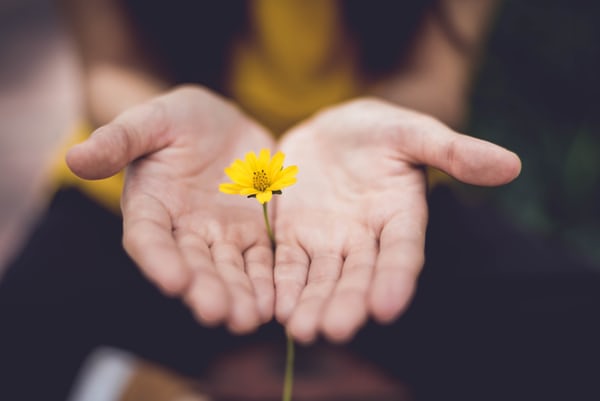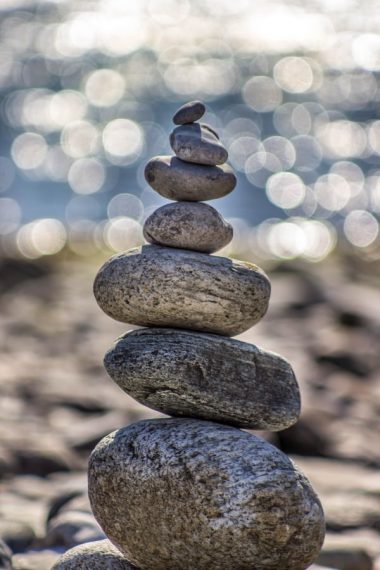Wellbeing
Level : Common
Teachers : Monica Keating, Aoibheann Byrt, Alan Deegan, Shulagh Colleran, Sinead Mortell, Geraldine O’Brien, Rachel Stewart, Mark Curley, Siobhan Kelly.
| Brief overview of the subject:
Wellbeing spans the three years of Junior Cycle and it incorporates six indicators: Being Active Being Responsible, Being Connected, Being Resilient, Being Respected and Being Aware. It provides learning opportunities to enhance the physical, mental, emotional and social wellbeing of students. It enables students to build life skills and develop a strong sense of connectedness to their school and to their community. It incorporates 400 hours over various subject areas. |
| Main areas of study:
Social Personal Health Education provides opportunities for teaching and learning directly related to health and wellbeing. Through the use of experiential methodologies, including group work, SPHE aims to develop students’ positive sense of themselves and their physical, social, emotional and spiritual health and wellbeing. It also aims to build the student’s capacity to develop and maintain healthy relationships. The 1st years follow the My Friends Youth programme, which is evidence-based and assists young people in developing life-skills to effectively cope with challenging and/or anxiety provoking situations. Relationships and Sexuality Education is also an integral part of the SPHE curriculum. Its aim is to help young people to acquire a knowledge and understanding of human relationships and sexuality through processes which will enable them to form values and establish behaviours within a moral, spiritual and social framework. Physical Education provides all students with enjoyable and worthwhile learning opportunities where they develop their confidence and competence to participate and perform in a range of physical activities. There are four strands, each one focusing on learning in different physical activity areas: Physical activity for health and wellbeing. Games, individual and team challenges, dance and gymnastics. Civic, Social and Political Education (CSPE) helps students understand how their wellbeing and the wellbeing of others is connected. It is built around three strands; rights and responsibilities, global citizenship and exploring democracy. There is a strong focus on student action aimed at giving students an experience of active citizenship. Guidance provides a range of learning experiences in a developmental sequence that assist students in developing self–management skills, which lead to effective choices and decisions about their lives. It encompasses the three separate, but interlinked, areas of; personal and social development, educational guidance and career guidance. The Learning to Learn programme aims to embed a culture of learning and study at Junior Cycle. It assists students to understand themselves better as learners, be more organised and confident as learners and gives them a proven study system and approach to learning. Digital Media Literacy: Creating and sharing media in a digital environment has become an increasingly important feature of how young people communicate and engage with each other and with the wider world. Young people are actively manipulating digital media to participate in social and cultural life, to pursue their interests and to express themselves online. Through digital media literacy, students will learn to use digital technology to engage in self-directed enquiry, to discriminate between multiple sources of information and to participate safely and effectively in an online environment. Accelerated Reading aims to foster the habit of reading for pleasure. Children are encouraged to read a book that they enjoy and set aside 15-20 minutes every evening to read their book. They also participate in the Accelerated Reader programme which measures the students’ reading and literacy and sets individual targets and recommendations for reading. By using this programme we hope to improve the reading age and literacy level of all students. |
| CBA’s and Assessment Task:
Most of the assessment activities will be formative in nature and classroom based. The wellbeing indicators will inform assessment and reporting. Students may also demonstrate their learning through Classroom-Based Assessment/s. |
| Link to syllabus :
https://ncca.ie/media/2487/wellbeingguidelines_forjunior_cycle.pdf |
| Textbooks for Current cohort for Relevant Year groups:
Guidance: Learning to Learn Workbook SPHE: My Friends Youth workbook |
| Useful Websites and Online Resources:
https://ncca.ie/en/junior-cycle/wellbeing |

